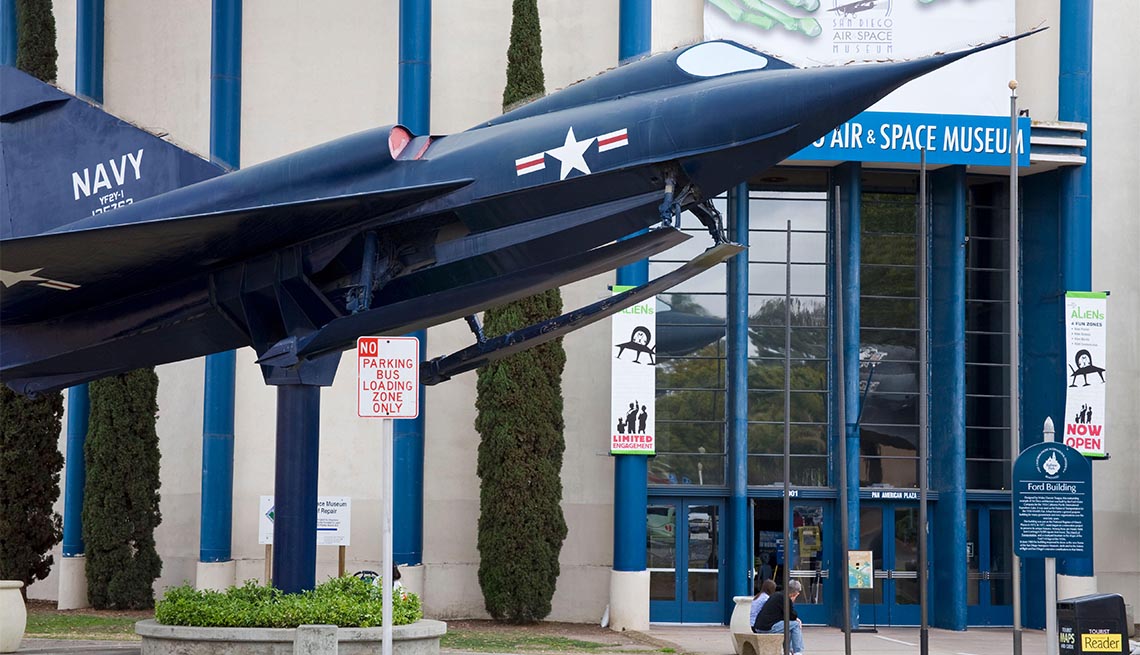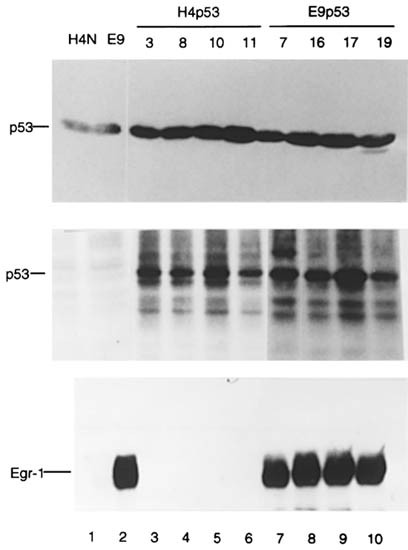
- Select a language for the TTS:
- UK English Female
- UK English Male
- US English Female
- US English Male
- Australian Female
- Australian Male
- Language selected: (auto detect) - EN
Play all audios:
Delays. Miscommunications. Contract disputes. These are just a few of the throes of having a fragmented supply chain, which is the case for just about any company trying to ship goods
globally. It makes sense — to connect every touch point of the global supply chain would require infrastructure, visibility, software integrations and a host of other features along every
step of the journey, a seemingly impossible task. But one company is getting very, very close. Those acquainted with the supply chain likely already know that A.P. Moller – Maersk (OCTUS:
AMKBY) is one of the world’s largest global shipping companies, boasting tens of thousands of customers all over the planet. But what they might not know is that Maersk is no longer just an
ocean dweller — it’s an amphibian. Beginning with the $545 million acquisition of logistics provider Performance Team and its 58 U.S. facilities in April, Maersk has steadily been evolving
its core ocean shipping business into an end-to-end global supply chain, inching closer to unifying the journey from factory to doorstep. But Maersk’s purchase of Pilot Freight for $1.8
billion last week just accelerated things. “We focus on value-added B2B transportation, large and bulky home delivery, and full mile and last mile in North America, as well as a full suite
of other transportation logistics services,” Zach Pollock, CEO of Pilot, explained to Modern Shipper. TO CONTINUE READING THIS ARTICLE... ALREADY HAVE AN ACCOUNT? SIGN IN CREATE A FREE
ACCOUNT No payment required NEED HELP? CONTACT US
![[withdrawn] new freight service to rapidly deliver medical goods to uk](https://assets.publishing.service.gov.uk/media/627508178fa8f520738d5474/s960_DHSC_plaque.jpg)








